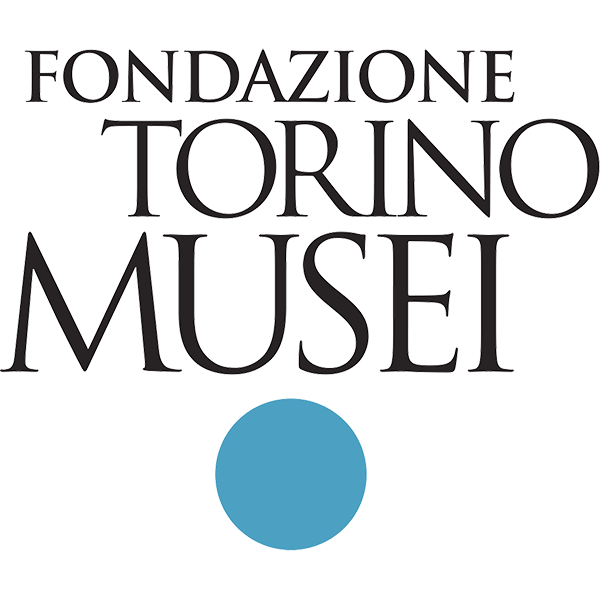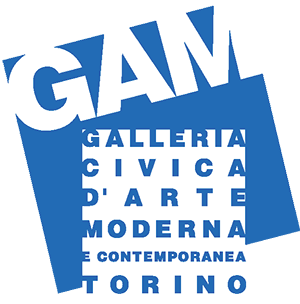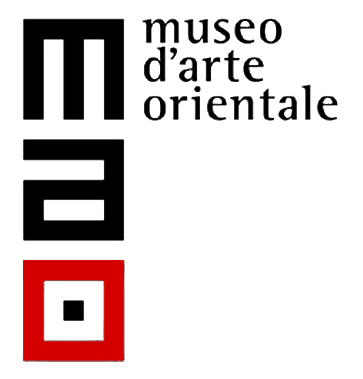Fear eats the soul
- Exhibition
- 2 May 2024 - 1 September 2024

On the façade of the MAO waves a white flag, but it's not a sign of surrender or resignation, quite the opposite. The flag, created by the New York-based artist of Thai origin, Rirkrit Tiravanija (born in Buenos Aires, 1961), is a manifesto, a statement of intent, delivering a clear and unequivocal message: the phrase "Fear eats the soul," written in bold black letters on immaculate fabric, indeed calls for courage, taking a stand, and reacting to the paralysis caused by the terror that eats away at the soul.
Known for artworks that engage the viewer, prompting reflection on contemporary political, social, and economic dynamics, and for his artistic practice that focuses on human relationships and cultural exchange, Tiravanija has turned the flag into a fetish object, a symbol that has recurred frequently in his work since the 1990s.
"Fear Eats the Soul," displayed at the MAO from May 2nd to September 1st, is inspired by Rainer Werner Fassbinder's film "Angst essen Seele auf" (Fear Eats the Soul, 1973), and like other works by the artist, it draws attention to situations of conflict and war, episodes of racism and xenophobia, and the lack of acceptance of the other and diversity, all of which lead to an atmosphere of fear and mutual distrust.
In such a turbulent historical moment, where conflicts raise fundamental ethical questions, the MAO chooses to send a signal that goes in the opposite direction of dualistic confrontational dynamics, favoring instead dialogue.
Also from May 2nd, the Pinacoteca Agnelli will host another artwork by Rirkrit Tiravanija, the installation "Untitled (Tomorrow is the question)." The project invites people to play ping pong on the southern terrace of the Pista (a cultural space). The four tables bear the phrase "Tomorrow is the question" in the languages associated with the major diasporic communities in Turin: the Romanian, Moroccan, Chinese, and Peruvian communities. The game becomes an opportunity to experience new forms of social interaction, challenging the concept of national belonging. Tiravanija's installation reactivates the J.K. Ping-Pong Club, a project by the Slovak artist Július Koller (1939-2007), presented in Bratislava in 1970 as a declaration against the conservative turn following the repression of the Prague Spring in 1968. By inviting people to follow or not follow the fair play rules of the game, a space was opened that encouraged people's participation. Similarly, Tiravanija invites the audience to become active participants, placing human relationships and interaction at the center of the future.
Biography
Son of a Thai diplomat, Rirkrit Tiravanija (born in Buenos Aires, 1961) has lived in many countries and studied at the Ontario College of Art in Toronto, the Banff Center School of Fine Arts, the Art Institute of Chicago, and finally completed the Independent Study Program at the Whitney Museum of American Art in New York. As one of the most representative figures of what Nicolas Bourriaud has termed relational aesthetics, with explicit references to conceptual and avant-garde currents of the Sixties and Seventies such as Fluxus, Tiravanija implements processes of sharing, encounter, and interaction with the audience in his work, often using daily activities such as cooking and consuming food together. Having been featured multiple times in his work at the Venice Biennale, Tiravanija has exhibited in major international museums including the Guggenheim Museum, MoMA, and the Palais de Tokyo. In 2005, he won the Hugo Boss Prize.






